Have you ever caught your dog in the act of smacking their lips, leaving you puzzled and a bit concerned? It’s a behavior that’s not only intriguing but also quite common among our four-legged companions. In this article, we’re going to unravel the mystery behind this peculiar habit. Understanding why dogs smack their lips is more than just satisfying curiosity – it’s about tuning into the subtle cues of your pet’s health and well-being. From teething puppies to underlying health conditions, we’ll explore the various reasons behind this behavior. This insight is crucial, as it can sometimes be the first sign of something needing your attention.
- Dogs lip smack as a natural reaction to anticipating food.
- Lip smacking in dogs can be a soothing gesture in stress.
- Dental issues can lead to frequent lip smacking in dogs.
- Foreign objects in the mouth may cause dogs to smack lips.
- Persistent lip smacking in dogs may signal health concerns.
So, let’s dive into the world of dogs and discover the reasons for lip-smacking behavior and what our dogs really telling us.
The information provided herein is for informational purposes only. Please refer to our disclaimer for more details..
9 Common Reasons for Lip Smacking in Dogs
1. Anticipation of Food
Image credits: EyeCandyDesignz.
When dogs sense food is nearby, they often show signs like lip smacking or licking. This behavior is a natural reaction. Their salivary glands start working actively when they think food is coming, leading to more salivation and lip-smacking.
This is similar to the Pavlovian response – an experiment where dogs learn to link certain sounds or smells with food and begin to salivate. These could be the sound of a food bag rustling or the smell of food cooking. And this learning makes them physically react when they expect to eat. Even after they’ve finished eating, this reaction can last a bit longer.
2. Stress and Anxiety Relief
Dogs may also smack their lips when they feel stressed or anxious. This action helps them calm down by releasing endorphins. In situations that make them nervous, like visiting the vet or hearing loud noises such as thunder, you might see this behavior. Let’s look at other signs that show a dog is feeling stressed or anxious:
- Head Turning: Dogs might turn their heads from one side to the other, or keep looking in one direction. This behavior – which could be a sign of discomfort – shows they want to ease a tense situation.
- Softening the Eyes: And their eyes often soften. By doing this, dogs try to look friendlier, it’s a calming signal that shows they’re not a threat.
- Body Turning: Sometimes, in playful or tense moments, dogs will turn their sides or backs to others. This move is a way to calm things down or to take a break.
- Freezing: A dog might sit or stand still, showing they want to reduce tension or that they’re not a threat.
- Yawning: Surprisingly, this is also a stress reliever for dogs. They do this in uncomfortable situations, like at the vet’s, to feel less stressed.
3. Dental or Mouth Discomfort
Image credits: Tima Miroshnichenko.
It’s really important to know why dogs may smack their lips, especially when it concerns their dental or oral health. Like us, dogs can have a bunch of dental issues that cause pain in their mouths and throat or feel uncomfortable. And this discomfort?
It’s what usually makes them smack their lips as they try to deal with the irritation. This is a small but important sign showing how crucial it is to look after your dog’s dental health for their overall happiness and health. And for keeping these problems at bay, regular dental check-ups and taking good care of their oral hygiene are musts. These specific dental health problems are ones to keep an eye on:
- Common Dental Problems: Dogs might suffer from gum disease, tooth decay, broken teeth, abscesses, and, in rare cases, jaw cancer. These problems can be really painful for them, causing behaviors like lip-smacking and extra saliva in their mouth.
- Breed-Specific Dental Issues: In certain dog breeds, dental troubles are more common. Brachycephalic breeds, which include Pugs and Bulldogs, often have too many teeth in a small mouth, leading to gum disease. Larger breeds, for instance, Great Danes and Boxers, are prone to gingival hyperplasia – a condition caused by plaque buildup. Dachshunds, known for their unique jaw structure, are especially at risk of periodontal pockets and tooth decay.
- Preventive Measures: Regular tooth brushing with dog-specific toothpaste – human toothpaste is a no-go for dogs. Also, it’s important to have regular vet check-ups, these visits help keep an eye on your dog’s dental health.
4. Presence of Foreign Objects
Dogs, known for their curiosity, often use their mouths to explore the world. This habit can lead to them accidentally eating something they shouldn’t. These foreign objects can become lodged in their teeth or gums. This causes discomfort, and sometimes even pain.
As a dog owner, it’s crucial to regularly check your dog’s mouth and if your dog is licking their lips excessively, you should take a closer look inside their mouth, seeking veterinary care might be necessary if you find something unusual. Common objects that dogs often get stuck in their mouths include:
- Small stones or pebbles are often picked up during outdoor adventures.
- Pieces of toys or bones, that they can chew into smaller, problematic pieces.
- Sticks or twigs, remnants of their playtime in nature.
- Food particles, especially from sticky or chewy treats.
- Household items, like thread or plastic, which they can easily stumble upon.
5. Indication of Nausea or Illness
Image credits: Fineas Gavre.
Lip smacking in dogs can often point to nausea or an underlying sickness. This action is their way of reacting to discomfort, and it’s a warning sign that you shouldn’t ignore. It can be a symptom of various health issues, and knowing the different reasons can help you take good care of your dog.
Here are some specific causes and considerations for feeling nauseous:
- Causes of Nausea: These include eating the wrong things, motion sickness, having worms in their intestines, catching infections, side effects from medicines, and even serious conditions like diabetes.
- Serious Health Concerns: And, if you notice your dog is smacking its lips frequently and showing other distress signs, such as lethargy, loss of appetite, or vomiting—it’s very important to see a vet. Pay special attention if your dog keeps vomiting for more than 24 hours if you see blood in their vomit, or if they seem disoriented.
- Monitoring and Response: These symptoms – critical indicators of your dog’s well-being – require immediate attention. Regular check-ups with a vet can catch and treat the root causes of nausea and other related symptoms.
6. Dehydration or Dry Mouth in Dogs
Dehydration or dry mouth in dogs can lead to a noticeable increase in lip-smacking. This is a natural reaction as the dog attempts to moisten its dry mouth, which can be quite uncomfortable. It’s important to ensure your dog always has access to fresh water, particularly in hot weather or after physical activity, as their hydration needs may increase.
Here are detailed signs of dehydration in dogs:
- Excessive panting: A sign of trying to cool down and may indicate dehydration.
- Dry gums: Indicative of a lack of moisture, a key sign that a dog is dehydrated.
- Sunken, dry eyes: A less obvious but important sign to look out for.
- Lethargy or low energy: Often a result of dehydration affecting overall vitality.
- Decreased or loss of appetite: Can occur when a dog is not feeling well due to dehydration.
- Slow response time: A sign of weakness or fatigue from lack of fluids.
- Dark urine color: Indicates concentrated urine due to less fluid intake.
- Less frequent urination: A direct consequence of reduced water consumption.
- Loss of skin elasticity: A classic dehydration test, where the skin takes time to return to normal when pinched.
7. Underlying Health Conditions Causing Lip Smacking
Lip smacking in dogs can also indicate various underlying health conditions like allergies, food poisoning, worms, etc. It’s important to observe if lip smacking is accompanied by other unusual behaviors or symptoms, regular veterinary check-ups are essential for early detection of these issues. Here’s an updated table of potential health conditions that might cause lip smacking, along with their specific symptoms:
- Kidney Disease – Nausea, dehydration, oral ulcers, thickened saliva
- Liver Disease – Nausea, dehydration, accumulation of toxins leading to nausea
- Nervous System Disease – Abnormal movements, licking or smacking as a soothing mechanism due to endorphin release
- Seizures – Partial seizures, biting at the air, sporadic movements in parts of the body
- Orthopedic Disease – Pain in bones or joints, limping, yelping on touch
8. Attention-Seeking Behavior
Image credits: James Barker.
Lip smacking in some dogs can actually be a way they try to get your attention. This happens especially in dogs who have figured out that doing certain things will garner a response from their owners. If your dog smacks its lips and then looks right at you, it might be trying to get your attention or wants something from you.
In these situations, it’s key to understand why they’re doing this and react the right way. If you ignore this behavior when it’s just for attention and reward them when they’re calm, you can help control this habit, but, make sure the lip-smacking isn’t because they’re uncomfortable or sick before you decide it’s just for attention.
9. Teething in Puppies
Teething is something all puppies go through. It’s normal, but it can make them smack their lips a lot. This happens because they’re getting new teeth and losing their baby teeth, which can be pretty uncomfortable, even painful at times. And this pain – it’s why they smack their lips, trying to soothe their sore gums.
To help puppies during teething, it’s good to give them the right chew toys. These toys, specially designed for them, not only help ease their discomfort but also stop them from biting things they shouldn’t. And here’s a tip: freezing these toys can give their sore gums extra soothing.
When Should You Seek Professional Help For Your Dog’s Lip-Smacking?
It’s important to know when your dog’s lip-smacking is normal and when it’s a cause for concern. Dogs often smack and lick their lips, especially when they’re about to eat or feeling a little stressed. But, if you see your dog doing this a lot, more than usual, it could mean something’s wrong. In these cases, getting advice from a vet is important. Too much lip smacking can point to discomfort or, worse, a hidden health problem.
Associated Symptoms to Watch For
Watching for other signs of trouble is key to catching any health issues early. Treating problems sooner rather than later is always better. Here are some additional symptoms that should raise a red flag:
- Changes in appetite or eating habits are a clear sign something’s not right.
- Bad breath or excessive drooling, can be troubling.
- Nausea signs, like vomiting or retching, are particularly worrying.
- Any change in behavior or lethargy, as these can be subtle hints.
- Digestive problems, such as diarrhea or constipation, are also crucial indicators.
Conclusion
In wrapping up, it’s clear that dogs smacking lips can be attributed to a variety of reasons, ranging from natural responses like an anticipation of food and teething in puppies, to more concerning issues such as stress, dehydration, and underlying health conditions. Understanding these reasons is more than just a curiosity – it’s a crucial part of caring for our canine companions. By being attentive to these behaviors and recognizing when they might be a sign of something more serious, we can ensure our dogs are not only happy but also healthy.
And it’s essential to remember, that our dogs depend on us to figure out and take care of their needs. Whether we’re giving a teething puppy a chew toy or talking to a veterinarian about unusual symptoms, our actions can make a significant difference in their lives.
So, what do you think about these reasons for lip-smacking in dogs? Have you noticed any of these behaviors in your own furry friend? Share your thoughts in the comments and if you found this article helpful, don’t hesitate to pass it along to fellow dog lovers. Remember, understanding our pets’ behaviors is a journey we’re all on together, and every bit of shared knowledge helps!
Frequently Asked Question
Why do dogs smack their lips when going to sleep?
Dogs often smack their lips when going to sleep as a way to self-soothe and relax. This behavior can be a comforting ritual for them, similar to a child sucking their thumb before bedtime.
Do dogs lick their lips when angry?
Dogs typically do not lick and smack their lips when they are angry. Instead, lip licking and smacking in dogs is more commonly a sign of anxiety, stress, or uncertainty rather than aggression or anger. It’s a subtle way for them to communicate discomfort or nervousness.
1Kviews
Share on FacebookHow to easily and quickly check your pet cat or dog's hydration level to make sure they aren't dehydrated: pinch/grab the loose, excessive skin at the back of their neck (the scruff). Pull gently upwards, creating a "triangle" or "tent" of skin/fur. Release the skin. It should "snap" back into place almost immediately. If it stays "tented up", or returns VERY slowly, your pet is dehydrated. Here is a video of me checking my younger cat's hydration level with this method: https://youtube.com/shorts/UwgOiy-0-Wk?si=lhg6L6RPmdE_-sEU
How to easily and quickly check your pet cat or dog's hydration level to make sure they aren't dehydrated: pinch/grab the loose, excessive skin at the back of their neck (the scruff). Pull gently upwards, creating a "triangle" or "tent" of skin/fur. Release the skin. It should "snap" back into place almost immediately. If it stays "tented up", or returns VERY slowly, your pet is dehydrated. Here is a video of me checking my younger cat's hydration level with this method: https://youtube.com/shorts/UwgOiy-0-Wk?si=lhg6L6RPmdE_-sEU

 Dark Mode
Dark Mode 

 No fees, cancel anytime
No fees, cancel anytime 


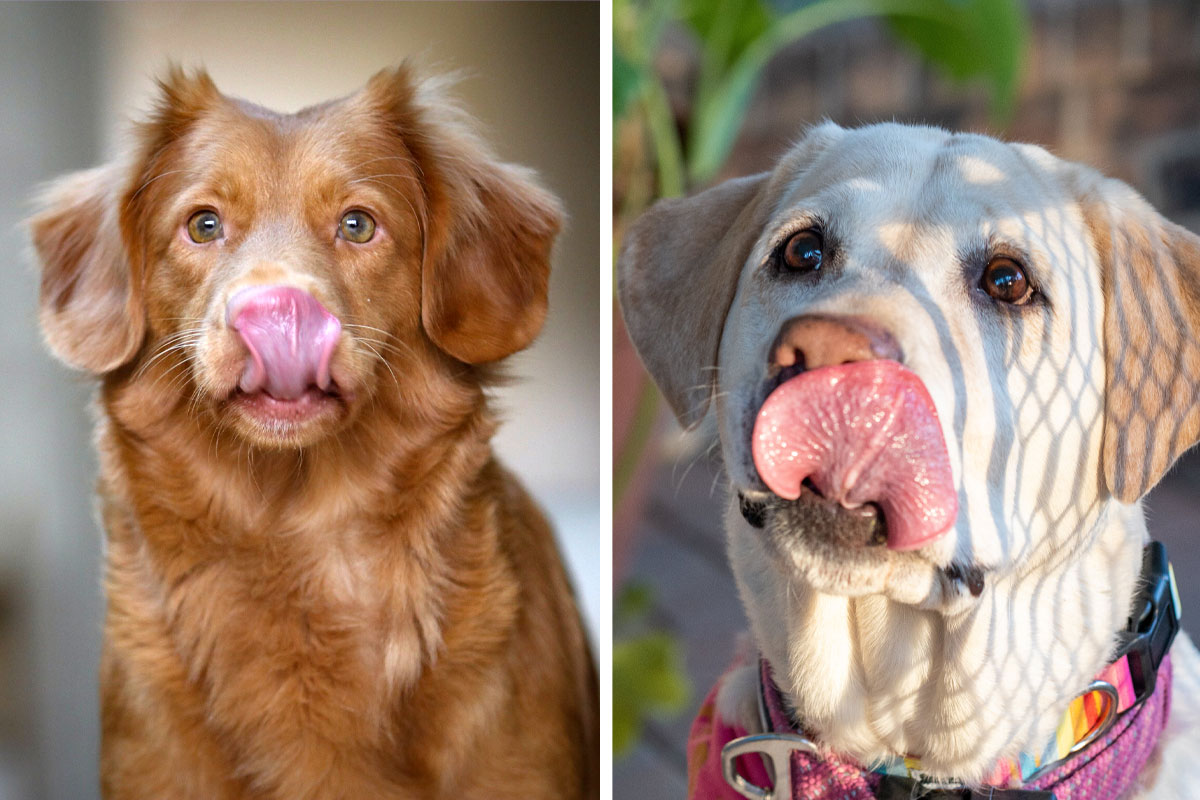
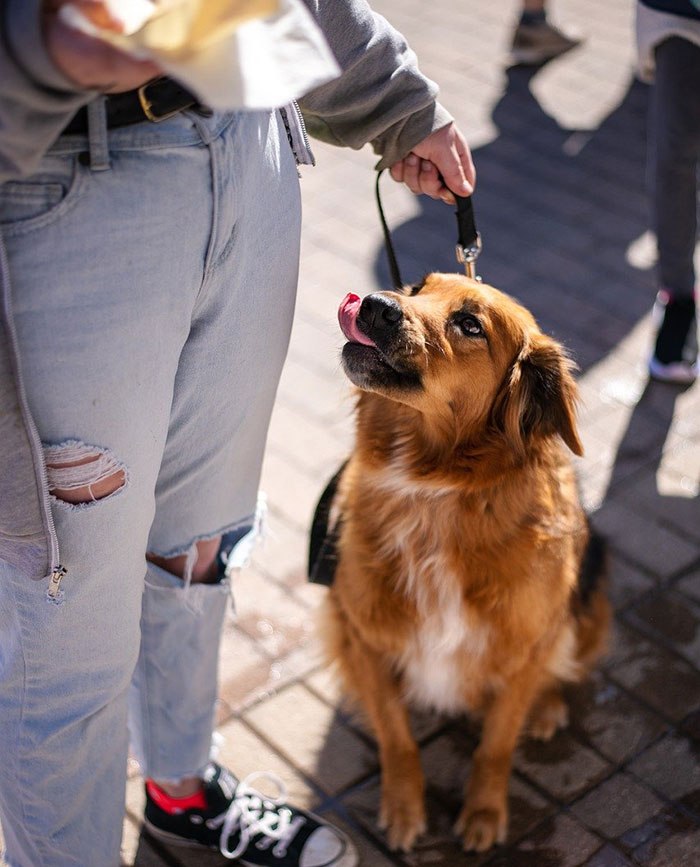
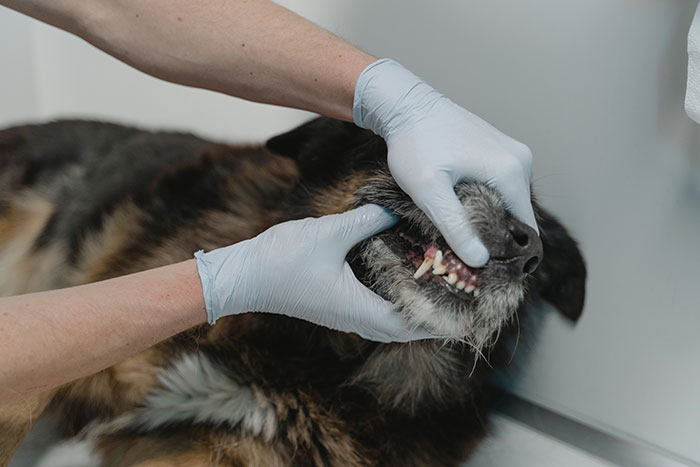
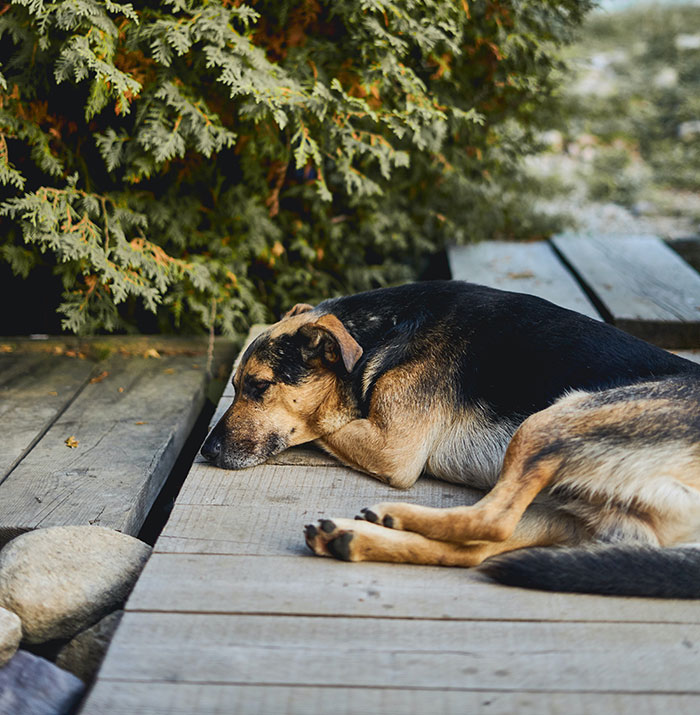
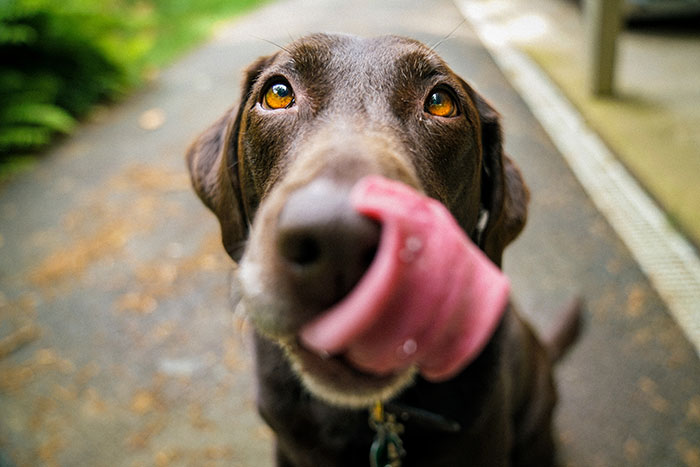

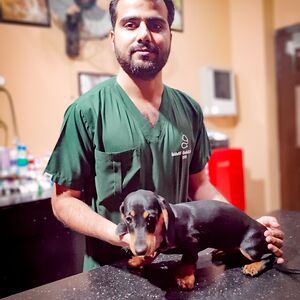








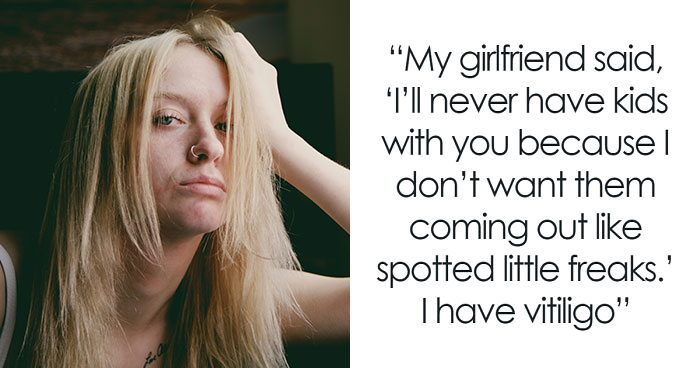
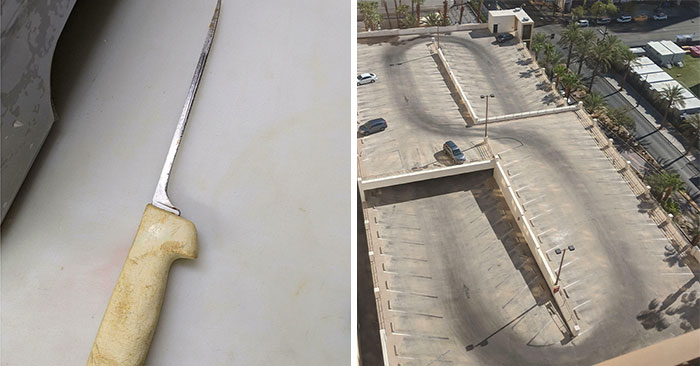


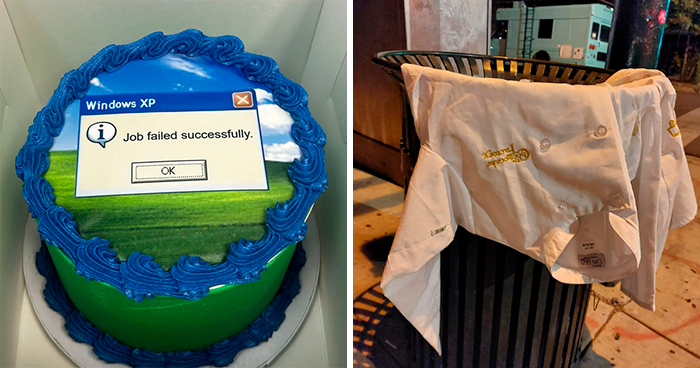

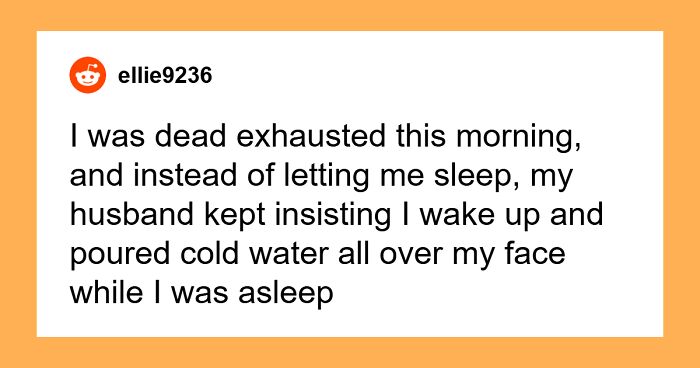

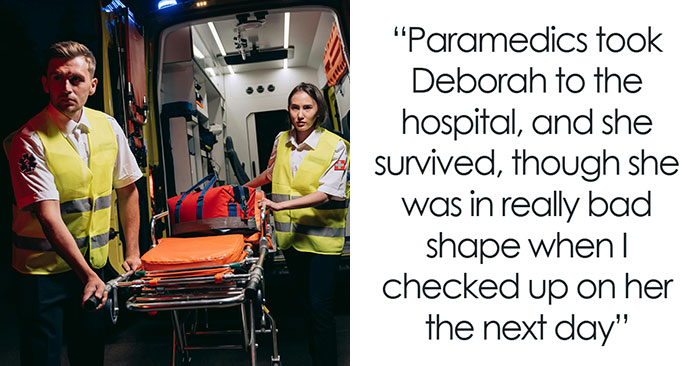




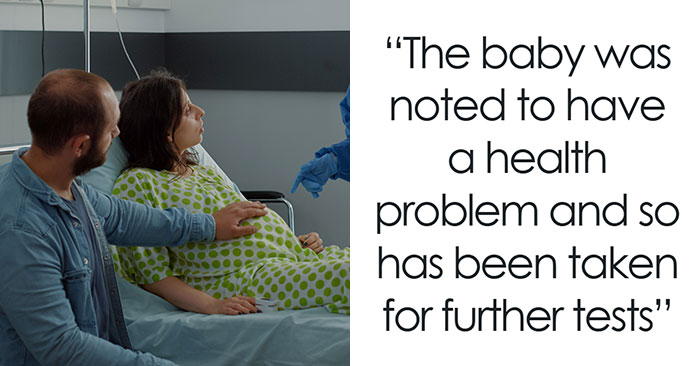
-4
2